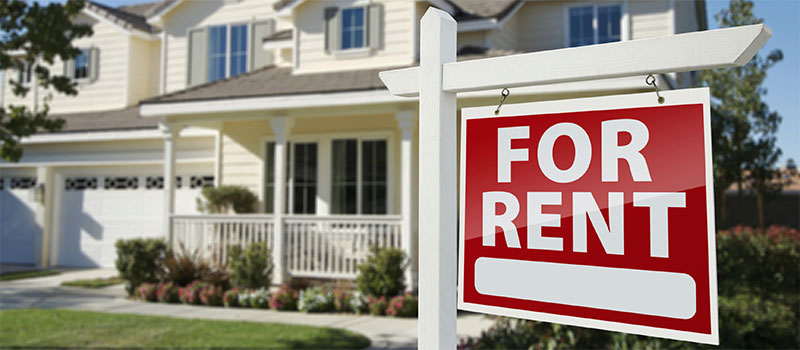Rent-to-Own Homes: Know Your Responsibility
July 5, 2018
 You’re ready to settle down – now you need a house. Not everyone has the money for a down payment or the best credit score, though. A growing number of people are finding rent-to-own homes to be a good solution for them. A “rent/lease-to-own” or “lease-option” are agreements entered into in which you pay monthly installments to the homeowner for a set amount of time before being given the option to buy it.
You’re ready to settle down – now you need a house. Not everyone has the money for a down payment or the best credit score, though. A growing number of people are finding rent-to-own homes to be a good solution for them. A “rent/lease-to-own” or “lease-option” are agreements entered into in which you pay monthly installments to the homeowner for a set amount of time before being given the option to buy it.
Every contract is different, and should be scrupulously reviewed before being entered into. However, one fact remains the same: although you proudly claim it as “your house,” you are not the owner until that rental period is over and you purchase the home.
Why is this distinction important?
“Only the property owner is eligible to be insured under a homeowner’s policy,” Leighton Bush stresses. “Under these arrangements, you are by definition the tenant. We see property owners asking tenants to be responsible for taking out a homeowners’ policy and to even pay for the homeowners’ policy. However, the Named Insured of a homeowners policy can only be whoever legally owns the property. A person who has entered into a rent-to-buy arrangement does not qualify for that policy, and there will be no coverage for them under a homeowners policy because THEY have no insurable interest in the home. Sure, they are building equity in the home on paper, but in terms of who is the owner of the home, it is the original owner until the “tenants” are legally named on the deed.”
So what DO you need?
Mr. Bush continues, “A renter’s insurance policy is perfect, because it is going to protect your belongings as well as provide liability coverage for your guests. The home itself is protected under the homeowner’s policy which should be in place in the name of the property owner. As a homeowners’ insurance policy benefits only the owner and not the tenant, a tenant may want to think twice before agreeing to pay for any homeowners insurance.”
There are a lot of gray areas as well, especially when it comes to the equity that renters are building with their payments. If the house was destroyed, and is a total loss, what happens to their investment?
“Call your insurance agent, get your renter’s policy, and start asking these questions immediately if you are interested in a rent-to-own situation. A good insurance agent will be able to tell you how much coverage you need, what is protected, and what other measures you need to take so that you can worry less and enjoy your home,” Mr. Bush concludes.